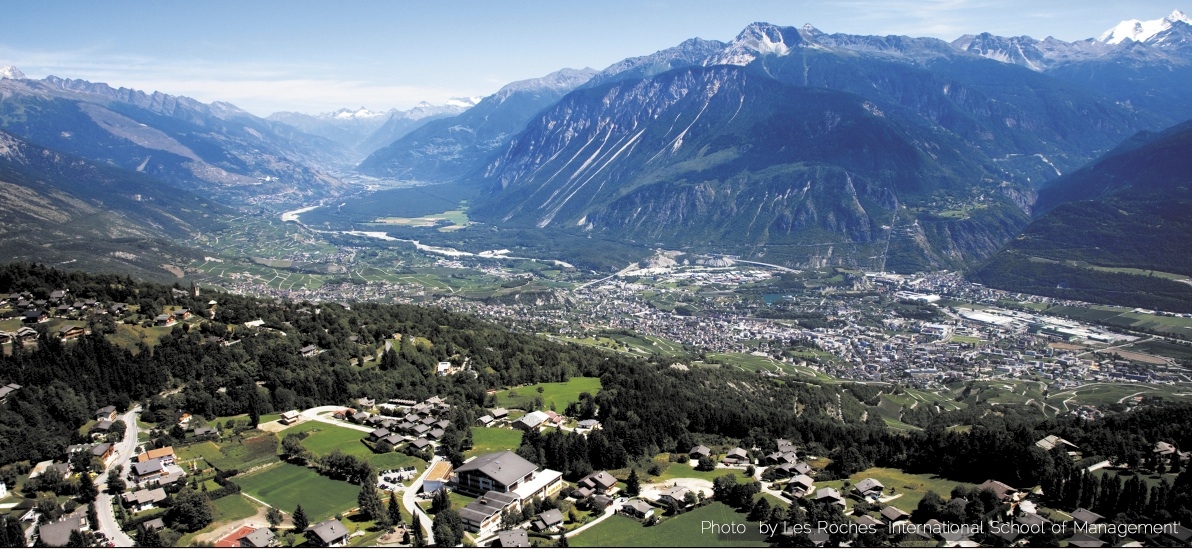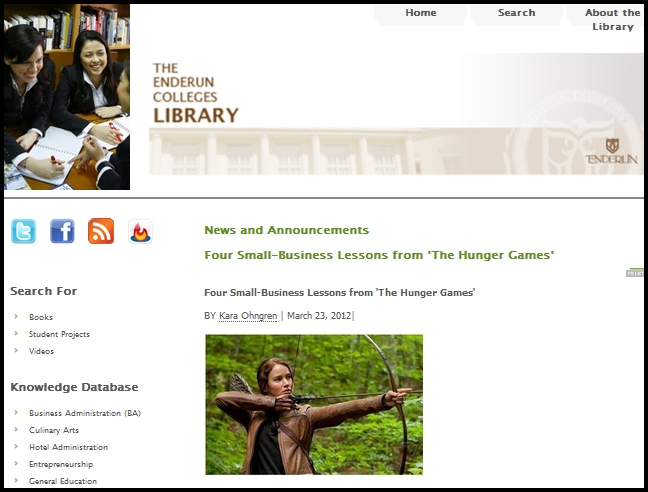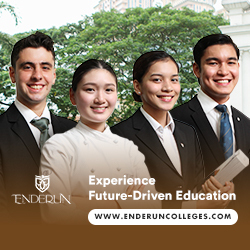Beyond Breaking Stereotypes
How Team Enderun Redefined ‘Normal’ in HSBC’s Business Case Competition
Last May 6, 2017, Fil Garciano, Kamiekah Nakamura, RC Nierras, and Kristian Sebastian completed their studies at Enderun Colleges.
Unknown to many, just over a month prior to their graduation, their nontraditional years of training in entrepreneurship, operations, financial, and technology management made them complementary as a team in one intensive event.
The HSBC Philippine Business Case Competition held last March 25, 2017 at Ateneo de Manila University was the preliminary phase where representatives were chosen to compete in the Asia Pacific round at The University of Hong Kong.
While this year marked its fourth run in the Philippines, it was Enderun’s first time to send a team to the competition. But even as a fresh face, what began with six weeks of training ended with our fellow Titans standing out and being commended by the judges.
“Two of them said in the years they’ve been doing this, problems and solutions and recommendations were always within the parameters of the case. Then here comes this group to reframe the case out of that box or realm they were so used to seeing, and it’s such a fresh take,” Ms. Marivic Ignacio, one of the team’s mentors, highlighted their contribution.
The Challenge
“The case itself was interesting—it was a social enterprise in the Philippines that was facing an all too familiar predicament for many of our local social enterprises: funding and scalability,” Fil Garciano said.
Elaborating a bit more, RC Nierras shared that, “Marina Gana Vida, a fish supplier, was trying to compete with big players that practice unsustainable fishing methods. Its value proposition was that they employ women, educate the workers, give them direct benefits, and even adapt to their Muslim culture. The big question was how will MVG upscale its production without compromising its true mission, as local finance institutions wanted MVG to automate instead of using manual labor.”
“They have the right bait, but are they catching the right fish?”
To arrive at an answer, Fil explained they began with a primary assumption. “Businesses want to make profits, NGOs want to help their stakeholders, but social enterprises want to make a profit in order to help their stakeholders, in this case, poor families in Mindanao.”
And so their solution was simple: find another investor. “Throughout the case, it was evidenced that many investors were already keenly looking into MGV as an attractive social enterprise, hence they should not pin themselves down. We recommended that they stick to their core values and mission, and they will find alternate sources of capital for their growth. We concluded that it is extremely critical to stick to the foundational philosophy that they were built on.”
Meanwhile, Kristian Sebastian linked the process by which they would fish for answers to the way they trained weekly in a “village” put up and supported by their mentors, Professors Marivic Ignacio and Ray Estrada, as well as fellow student Din-din Tapang, who would pinpoint areas for improvement.
“I think my realization after practices was always how much I learned from my teammates. We would always ask ourselves and go back to what the root of the problem was, and remedy it in practical ways considering what we knew. Once we’ve latched onto what we thought was the root of the problem and how to solve it, we would build a narrative around that, connecting the dots in a way others would easily understand.”
The Result
“Having something taught to you at school is totally different to applying it in actual situations,” Kristian added. “That mindset, I think, might have been what contributed to how the judges found our solutions to be creative.”
For Kamiekah Nakamura, the way the team attacked the challenge presented in the competition felt so normal that they weren’t aware it was actually so different. “While we were discussing the case and preparing for the presentation, the only thing on my mind was that is how we do it in Enderun. This helped us bring out more feasible solutions on the table and have fun at the same time. Although we didn’t qualify for the next round, we are still satisfied because we showed everyone that we, Enderun students, can stand out wherever we choose to go.”
Surprisingly, Fil revealed, training is not the only thing unique to Enderun. “We had a facilitator named Gian, and most of all he was impressed by the relationship our team had with Sir Ray and Miss Marivic. We were saying that is something uniquely Enderun—where professors actually engage, rather than merely instruct, and they all try to know their students on a personal, but professional level.”
To conclude, Fil said, “Much like our recommendation in the case, Team Enderun very much stuck to its core. Our philosophy was that we would look at it from different angles, from alternative viewpoints, and in a mindset geared towards innovation. The judges acknowledged how different and out-of-the-box our solution was, and I say that this really highlights the most critical aspect of Enderun’s core: redefinition.”





